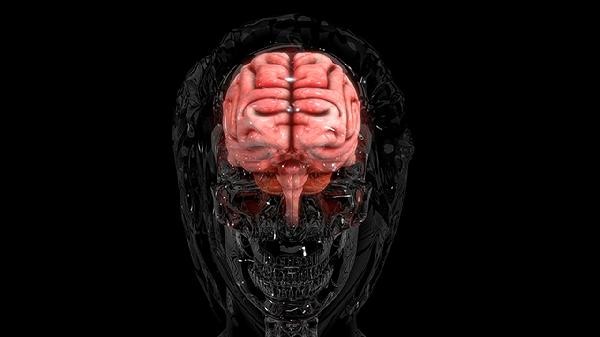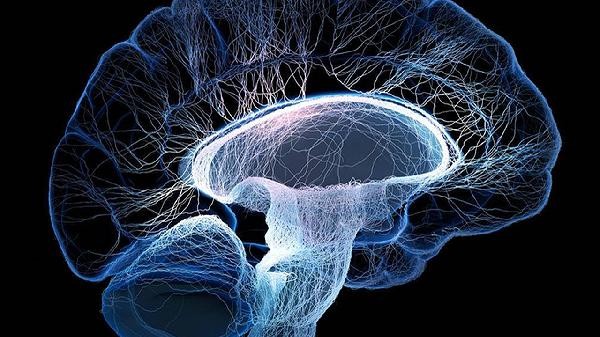Frequent brain wandering accompanied by drowsiness can be alleviated by adjusting daily routines, improving diet, moderate exercise, psychological interventions, and medical examinations. This state is usually related to factors such as insufficient sleep, nutritional imbalance, excessive stress, hypothyroidism, depression, etc.

1. Adjusting daily routine
Establishing a regular sleep cycle can help improve brain alertness. It is recommended to set a fixed bedtime and wake-up time every day to ensure 7-9 hours of high-quality sleep. Take a nap during lunchtime for no more than 20 minutes to avoid entering a deep sleep phase that may cause drowsiness after waking up. Avoid using electronic devices one hour before bedtime. Reading or meditation can help you fall asleep.
2. Improve diet
Moderately increase foods rich in high-quality protein, complex carbohydrates, and B vitamins, such as eggs, oats, dark green vegetables, etc. To avoid blood sugar fluctuations caused by a high sugar and high-fat diet, drink no less than 1500 milliliters of water per day. Supplementing small amounts of foods containing omega-3 fatty acids such as walnuts and deep-sea fish can help maintain nerve cell function.
3. Moderate Exercise
Engage in 3-5 aerobic exercises per week, such as brisk walking, swimming, etc., each lasting for more than 30 minutes. Exercise can promote the secretion of endorphins in the brain and increase oxygen supply to the brain. Be careful to avoid vigorous exercise 3 hours before bedtime, and light activities such as yoga and tai chi are more suitable for evening activities.

4. Psychological Intervention
Mindfulness training can enhance attention and concentration ability, practicing 10 minutes of breathing observation or body scanning every day. Cognitive behavioral therapy can correct negative thinking patterns and reduce mental stress. If there is persistent anxiety, you can try writing an emotional diary to sort out the sources of stress.
5. Medical examination
Long term symptoms require screening for pathological factors such as thyroid function, anemia, and sleep apnea. Patients with depression may experience mental retardation and require professional evaluation. Doctors may recommend conducting polysomnography or prescribing awakening promoting drugs such as modafenib, but strict adherence to medical advice is necessary.

You can adopt a segmented work method in daily life, taking a 5-minute break every 25 minutes of focus, and using peppermint essential oil to refresh yourself. Maintain appropriate lighting and ventilation in the office environment, and regularly overlook green plants. If there is no improvement after adjusting lifestyle for 2-4 weeks, or accompanied by symptoms such as headache and memory loss, it is necessary to seek medical attention promptly at a neurology or sleep specialist. Be careful to avoid relying on caffeine to refresh yourself. The daily intake of coffee should not exceed 300 milligrams, and it is not recommended to drink it in the afternoon.







Comments (0)
Leave a Comment
No comments yet
Be the first to share your thoughts!